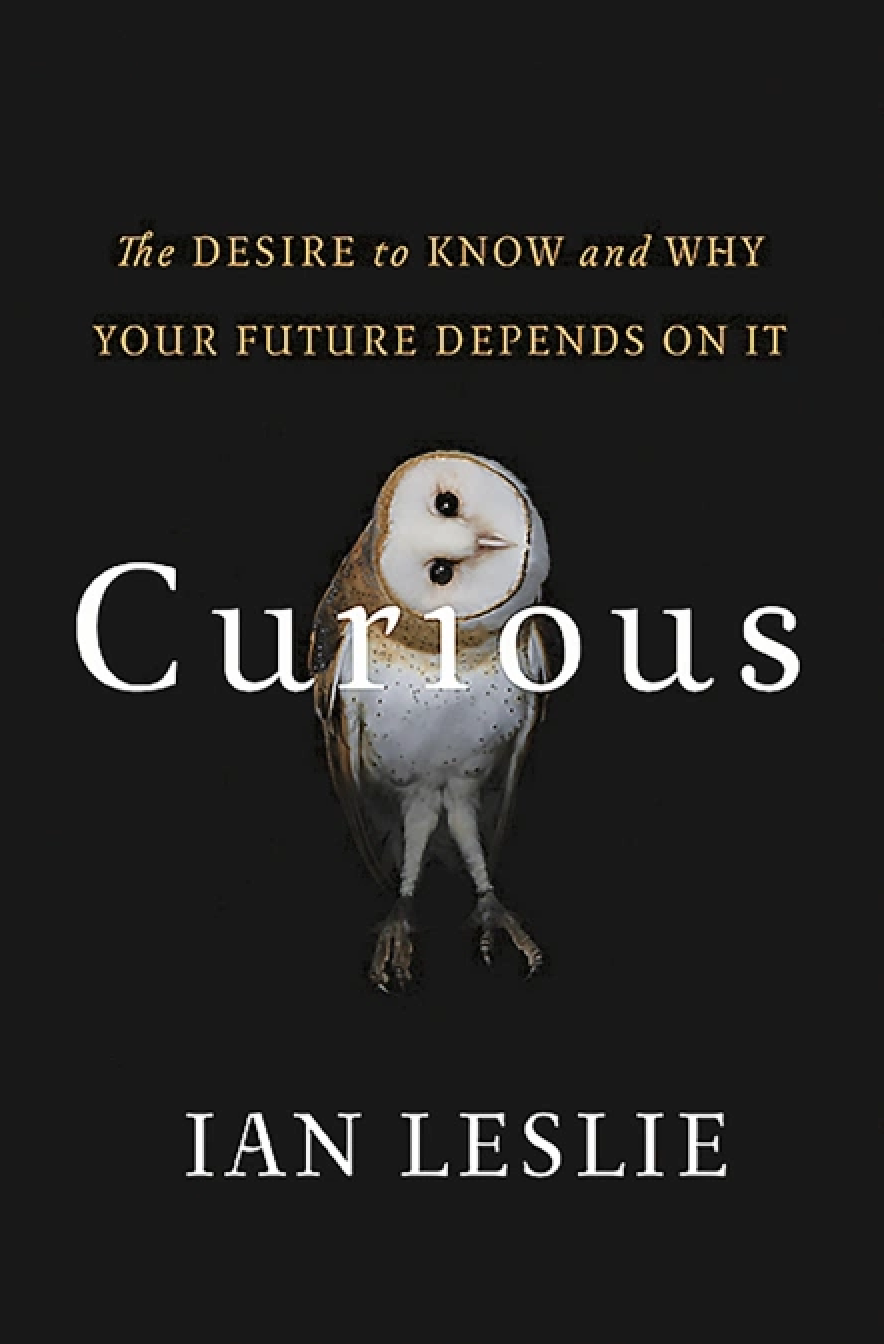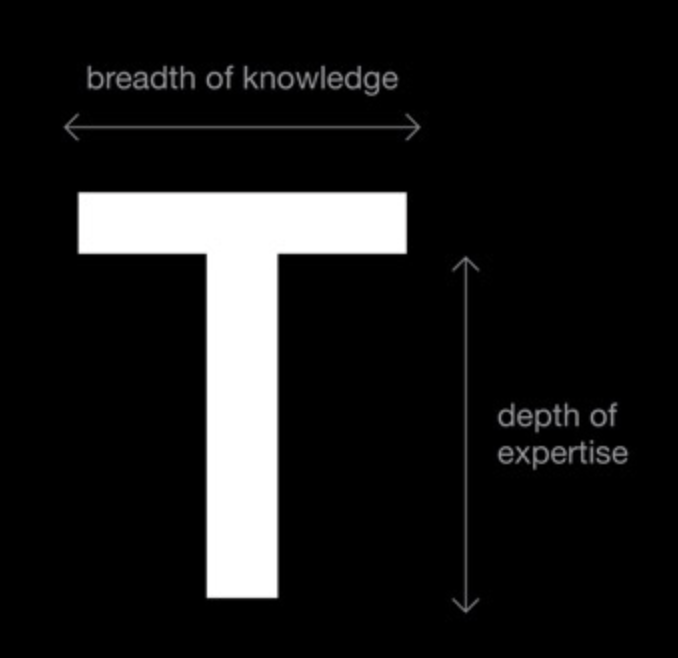Where Have All The Generalists Gone?
Having experienced a winding road of careers in various industries and roles, it's been great to be able to recognize trends and utilize them for personal and business growth. Taking concepts I learned while running a call center to create a flexible contactor-lead business model in an education firm, using the design-thinking process learned in a training company to help a consumer goods company redevelop their product. It's the crossbreeding and knowledge that gets me excited to try new things.
In the past decade or two, I've noticed a few macro trends, one of which is discouraging: steering away from liberal arts courses to highly specialized degrees.
The thing that worries me is with this new worldview, is that we are losing out on developing great generalists. The craft of being agile, shifting, adjusting, growing.
I’ve noticed it in job postings on Linkedln with new jobs that have very specific skills and deep experience in merely those areas. I’ve seen it in the educational opportunities available. When taken at face value, these may be a great thing; more specific roles and shorter, specialized programs are actually a positive trend. In the wake of this trend, we are boxing out the role for people that can see across boundaries and synthesize big ideas and look out for macro trends.
I understand that a lot of this trend is tied to new economic realities. You CAN separate a single job or project and farm the work to very skilled workers. There are so many new technologies that allow for people that are laser-focused. But what happens when everyone focuses on the trees, and nobody is looking at the forest?
In his book, Curious, Ian Leslie makes an incredible case for the generalist. With an insatiable desire to gain knowledge and experiences sometimes, without a specific goal in mind, jumping around from each subject and looking back to find connections that couldn't be found if they were in a silo.
The model of learning and experience isn't just getting surface knowledge about a lot of different areas. That would be completely ineffective. I'm talking about the IBM model of "T" knowledge. This means having both an incredible grasp on several subjects (the horizontal bar) and having deep knowledge in several areas (the vertical bar).
I’m incredibly passionate about this model.
Without having known or thought about it early on in my career, I've bounced around to different industries, different companies, different roles. I've worked at publicly traded firms, and one-man start-ups. I’ve found myself in finance, technology, education, manufacturing, and many more. This has forced me to adapt to new situations, learn about new ideas, and grow in interesting new skills.
My message is two-fold for company leadership and individuals.
If you are in the position of authority and hiring, take a step back considering your hires.
We can all get sucked into the desire to have a specialized singular focus to get a job done. Keep an eye on hiring, developing and growing a cadre of generalists that can go in and out of job roles, areas of the business and can serve as "designated hitters" when you need to shift priorities. This is both incredible for your business as you can stack teams and dissolve them quickly as you need while you grow the next generation of leaders.
In my experience, being given a chance by companies as a generalist has given me not only a great toolkit but also engaged me and I found I had more loyalty to those companies that kept giving me diverse, interesting challenges.
For you specifically, as a leader, never stop being curious.
The act of learning something new, struggling through the gray areas, and persisting helps to grow your power. As the economy continues to evolve at a rapid pace, putting all your skills into a single basket is minimizing your personal growth and opportunities. Sure, the folks that were LotusNotes experts or Blackberry developers could transform their skills, and yes, constant evolution is required in today’s realities. Yet, it's a tough road once you get siloed and then realize that silo is empty. One day an industry is hot, the next day it's gone.
I challenge you to stay curious, become an active learner. Round out your experiences with new skills and new experiences for your toolkit. Never stop reading, learning, and challenging yourself. Be strong in your generalist nature and be proud of the winding road that you're on!


